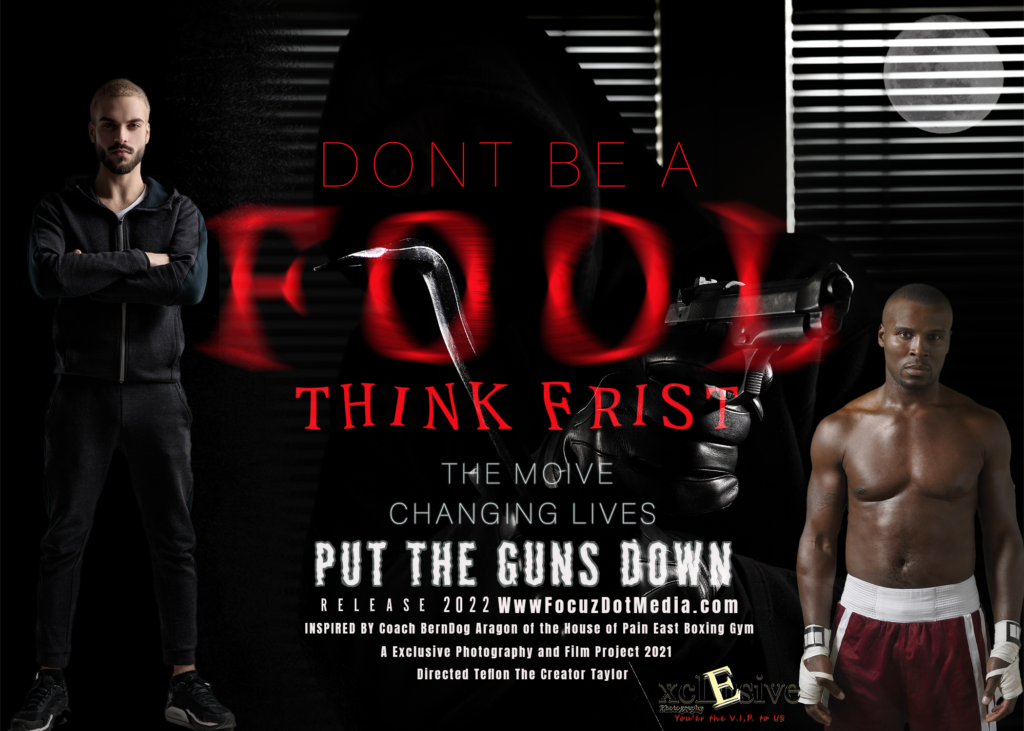Post-traumatic stress disorder (PTSD) is a mental health condition that’s triggered by a terrifying event — either experiencing it or witnessing it. Symptoms may include flashbacks, nightmares and severe anxiety, as well as uncontrollable thoughts about the event.

PTSD
- A disorder in which a person has difficulty recovering after experiencing or witnessing a terrifying event.
- The condition may last months or years, with triggers that can bring back memories of the trauma accompanied by intense emotional and physical reactions.
- Symptoms may include nightmares or unwanted memories of the trauma, avoidance of situations that bring back memories of the trauma, heightened reactions, anxiety, or depressed mood.
- Treatment includes different types of trauma-focused psychotherapy as well as medications to manage symptoms.

What are the 5 symptoms of PTSD?
Reliving aspects of what happened
- vivid flashbacks (feeling like the trauma is happening right now)
- intrusive thoughts or images.
- nightmares.
- intense distress at real or symbolic reminders of the trauma.
- physical sensations such as pain, sweating, nausea or trembling.
What does PTSD do to a person?
People with PTSD have intense, disturbing thoughts and feelings related to their experience that last long after the traumatic event has ended. They may relive the event through flashbacks or nightmares; they may feel sadness, fear or anger; and they may feel detached or estranged from other people
PARTY DRUGS FOR PTSD: STUDY MOVES THERAPEUTIC USE OF MDMA TOWARD APPROVAL
THE PARTY DRUG MDMA earned positive results for treating people living with post-traumatic stress disorder, according to a new study that confirmed earlier findings.
The new study for the MDMA clinical trial program was completed in November and sponsored by a group called the Multidisciplinary Association for Psychedelic Studies. The trial is part of an ongoing effort to obtain federal approval for use of MDMA in therapy as the number of people suffering from PTSD, mental illness, and opioid addiction continues to climb.
Ukraine war taking heavy toll on servicemen: Tens of thousands likely to suffer from PTSD
Mental Health professionals in Ukraine are pushing to better organize help for soldiers traumatized by their experiences. Months of trench warfare under heavy bombardment, combined with the loss of numerous treasured comrades, are taking a heavy toll on servicemen and women who may have little previous military experience. Tens of thousands are likely to suffer from Post-Traumatic Stress Disorder, or PTSD. A condition only a few medical establishments in Ukraine are able to offer modern treatments for. The most prominent among them, Forest Glade, just outside Kyiv, is this Thursday launching a programmer to help share its expertise. FRANCE 24’s Gulliver Cragg reports.
US army veterans can now avail free ‘suicide help’
The mental health care plan was announced by the Department of Veterans. Announcing the move on Friday, Secretary for Veterans Affairs (VA) Denis McDonough in a statement that is available on the VA website said, “Veterans in suicidal crisis can now receive the free, world-class emergency health care they deserve–no matter where they need it, when they need it, or whether they’re enrolled in VA care.”
THE OTHER SIDE



VET NEWS – VET NEWS

A trauma expert explains how Prince Harry’s time in Afghanistan changed him The Duke of Sussex spent 10 years in the army
PTSD, head injury boost Alzheimer’s risk in some
Head injury and post-traumatic stress disorder, or PTSD, may increase the risk of developing Alzheimer’s disease among people who carry a certain genetic variant, a study of U.S. military veterans suggests. Photo by Bonnie Cash/UPI | License Photo
Dec. 22 (UPI) — Head injury and post-traumatic stress disorder, or PTSD, may increase the risk of developing Alzheimer’s disease and related dementias among people who carry a certain genetic variant.
That’s according to a large-scale study of U.S. military veterans published Thursday in Alzheimer’s & Dementia, the journal of the Alzheimer’s Association.
According to the study, PTSD, traumatic brain injury, and a genetic risk factor called apolipoprotein E (APOE) epsilon 4 allele all showed strong associations with Alzheimer’s disease and related dementias.

And the prevalence of Alzheimer’s associated with both disorders increased with the number of inherited APOE epsilon 4 alleles.
RELATEDWeight gain and loss patterns, body mass changes may help predict dementia
The research was led by Mark W. Logue, a statistician in the National Center for PTSD at the VA Boston Healthcare System.
Logue, who is an Army veteran and associate professor at Boston University, said in a news release that he was most surprised to see such clear evidence of a link between PTSD and head trauma on dementia risk.
“I’ve worked in Alzheimer’s disease genetics for over a decade now, and I was used to seeing a clear impact of APOE ε4 on Alzheimer’s risk,” Logue said in the release.
RELATEDGenetic risk of ADHD may boost odds of Alzheimer’s in old age
“However, in this cohort, the effects of PTSD and head injury were just as clear and looked similar to the effect of inheriting ε4 from one of your parents.”
Researchers said their findings illustrate the importance of including a person’s PTSD and traumatic brain injury history when interpreting the results of genetic testing for dementias — to end up with more accurate risk assessment for the complex, progressive neurological disorder, especially among veterans.
For their work, the researchers analyzed data from the VA’s Million Veteran Program, among the world’s largest databases of health and genetic information.
RELATEDDementia plummets by nearly one-third among U.S. seniors, RAND says
The scientists noted that late-onset Alzheimer’s disease is the most common form of dementia and affects an estimated 10% of the U.S. population. And its estimated prevalence increases with age — from 3% between ages 65 and 74 to 32% for people ages 85 or older.










More Stories
SNACO
Was it really about the Lil Wayne Concert
The Conviction Of A Child Sex Trafficker